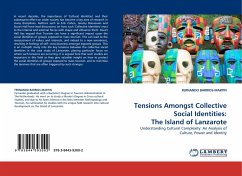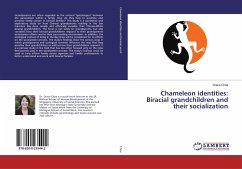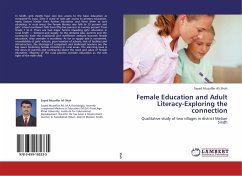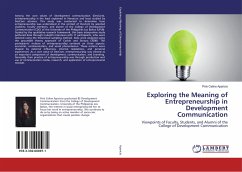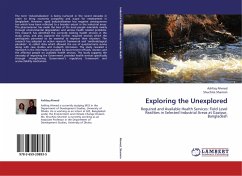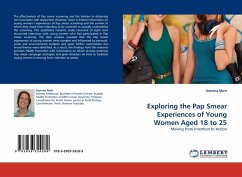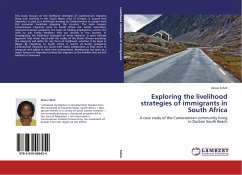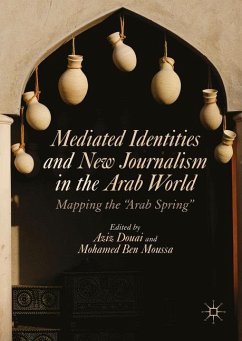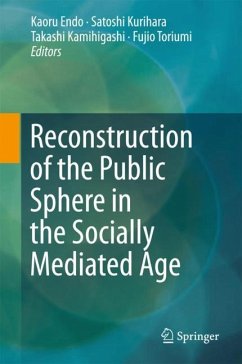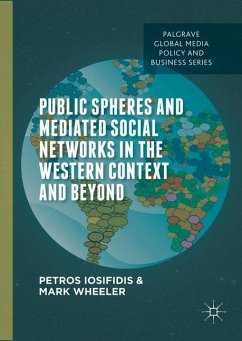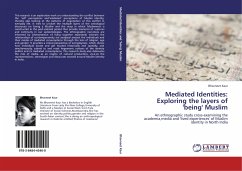
Mediated Identities: Exploring the layers of 'being' Muslim
An ethnographic study cross-examining the academia,media and 'lived experiences' of Muslim identity in North India
Versandkostenfrei!
Versandfertig in 6-10 Tagen
52,99 €
inkl. MwSt.

PAYBACK Punkte
26 °P sammeln!
This research is an explorative work on understanding the conflict between the self perceptions and mediated perceptions of Muslim identity; thereby also looking at the patterns of negotiation of this conflict in everyday life. It tries to unravel the multiple layers of the ontological discourses on 'being a Muslim' and the ways in which 'Muslimness' is constructed in the post-colonial period that provide moments of ruptures and continuity in our epistemologies. The ethnographic narratives are informed by 'phenomenon of living together seperately' wherein the relationships of contemporaneity a...
This research is an explorative work on understanding the conflict between the self perceptions and mediated perceptions of Muslim identity; thereby also looking at the patterns of negotiation of this conflict in everyday life. It tries to unravel the multiple layers of the ontological discourses on 'being a Muslim' and the ways in which 'Muslimness' is constructed in the post-colonial period that provide moments of ruptures and continuity in our epistemologies. The ethnographic narratives are informed by 'phenomenon of living together seperately' wherein the relationships of contemporaneity are analysed amonst the individuals and their modes of mediated consumptions through the lens of religion, age and gender. It provides a critical perspective of everydayness, which shows how individuals locate and get located historically and spatially, and simultaneously, submit to and resist hegemonic notions of the identity politics and its mediated consumptions. The research study also delineates the role of media, as an engine of cultural production, vis-à-vis the representations, stereotypes and discourses weaved around Muslim identity in India.



